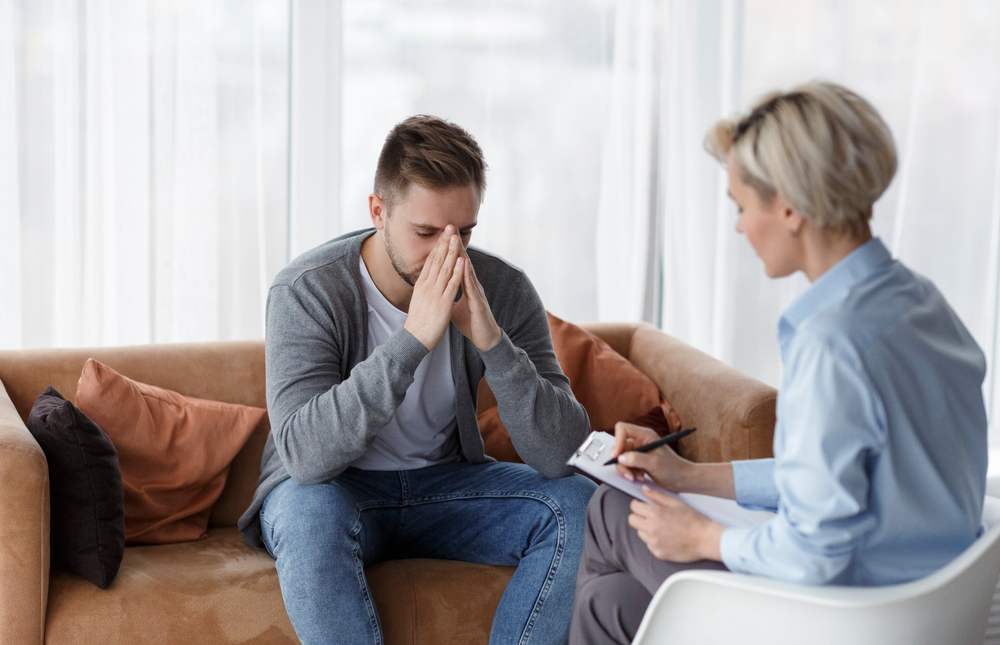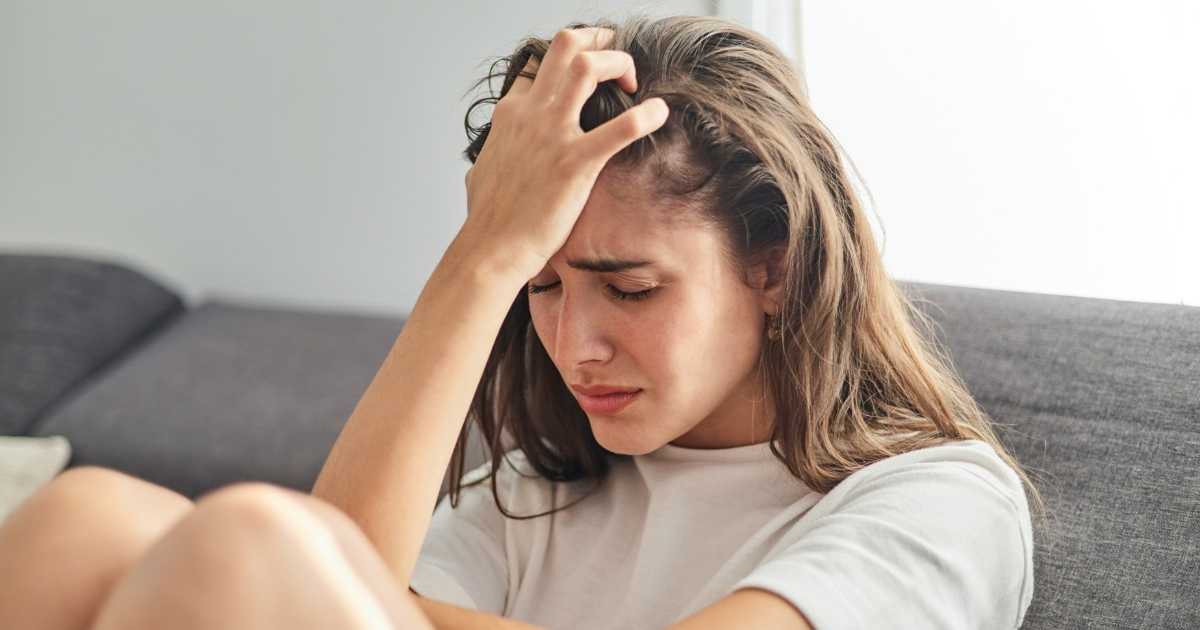Clinical depression, often referred to as major depressive disorder (MDD), is a pervasive and debilitating mental health condition that extends far beyond ordinary sadness. Affecting millions worldwide, it significantly hampers an individual’s ability to perform daily activities and enjoy life. In the United States alone, approximately one in six people will experience an episode of clinical depression in their lifetime. Recognizing and treating depression is vital, as untreated depression can lead to a diminished quality of life, an increased risk of suicide, and poorer outcomes for other medical conditions.
“Mental health problems don’t define who you are. They are something you experience. You walk in the rain and you feel the rain, but you are not the rain.” — Matt Haig
What Is Major Depressive Disorder?
When discussing depression, it’s essential to differentiate it from everyday feelings of sadness or “the blues.” Major depressive disorder is a clinical condition characterized by a persistent and intense state of depression. For a diagnosis, at least five of the following symptoms must be present nearly every day for at least two weeks:
- Depressed mood
- Loss of interest or pleasure in most activities
- Significant changes in appetite or weight
- Insomnia or excessive sleeping
- Psychomotor agitation or retardation
- Fatigue or loss of energy
- Feelings of worthlessness or excessive guilt
- Difficulty concentrating
- Recurrent thoughts of death or suicide
Urgent Help for Suicidal Thoughts
If you or someone you know is experiencing thoughts of self-harm or suicide, immediate help is available. In the United States, contact the 988 Suicide & Crisis Lifeline by calling or texting 988, or visiting 988lifeline.org/chat. Alternatively, seek emergency help by calling 911 or visiting your nearest emergency department.
Treating Major Depression: A Multifaceted Approach
Effective treatment for major depression often involves a combination of antidepressant medications and psychotherapy. Research shows that this combination is generally more effective than either treatment alone. However, both treatments can be effective independently and may be tailored to the individual’s preferences and specific circumstances.
Antidepressant Medications
Antidepressants are classified into several groups based on their chemical structure and mechanism of action. Common classes include:
- Selective Serotonin Reuptake Inhibitors (SSRIs): Often the first line of treatment due to their effectiveness and relatively mild side effects.
- Serotonin-Norepinephrine Reuptake Inhibitors (SNRIs): Another popular choice for their dual action on serotonin and norepinephrine.
- Atypical Antidepressants: Such as bupropion, which can be effective for those who do not respond well to SSRIs or SNRIs.
- Serotonin Modulators: Medications that alter serotonin activity in the brain.
Less commonly used are tricyclic antidepressants (TCAs) and monoamine oxidase inhibitors (MAOIs), which can have significant side effects and dietary restrictions.
Selecting the Right Antidepressant: The choice of antidepressant depends on several factors, including the individual’s symptoms, side effects, other medical conditions, medication interactions, and personal preferences. For instance, mirtazapine may be chosen for those with insomnia, while bupropion might be preferred to avoid sexual side effects.
Psychotherapy
Psychotherapy offers significant benefits, often with lasting effects even after treatment ends. Various types of psychotherapy include:
- Cognitive-Behavioral Therapy (CBT): Focuses on changing negative thought patterns and behaviors.
- Interpersonal Therapy (IPT): Addresses interpersonal issues and relationships.
- Family and Couples Therapy: Involves working with family members or partners.
- Problem-Solving Therapy: Focuses on practical solutions to life problems.
- Psychodynamic Therapy: Explores historical and childhood influences on current behavior.
The therapeutic relationship is crucial; finding a therapist you trust and feel comfortable with is often more important than the specific type of therapy used.
Additional Strategies for Managing Depression
- Exercise: Regular physical activity can significantly alleviate depressive symptoms. Aim for 45-60 minutes of aerobic or resistance exercise three to five times per week.
- Relaxation Techniques: Methods like progressive muscle relaxation can help reduce anxiety and improve sleep.
- Positive Activities: Resuming enjoyable activities can help improve mood and counteract depressive symptoms.
Advanced Treatments for Resistant Depression
For those who do not respond to standard treatments, neuromodulation techniques like Transcranial Magnetic Stimulation (TMS) or Electroconvulsive Therapy (ECT) may be considered. These interventions stimulate brain activity and can be particularly effective in severe cases.
Managing Severe Depression and Special Considerations
Severe depression often requires more intensive treatment, including possible hospitalization and the use of both antidepressants and antipsychotics. Women who are pregnant or planning to become pregnant face additional challenges, as the risks and benefits of antidepressant use must be carefully weighed.
Conclusion
Understanding and treating major depressive disorder is a complex but crucial endeavor. With the right combination of medication, psychotherapy, lifestyle changes, and support, individuals with depression can find relief and regain their quality of life. If you or a loved one is struggling with depression, reach out to a healthcare provider to explore the best treatment options. Remember, help is available, and recovery is possible.
Mental health issues can’t wait, and neither should you. At Shiloh Health, we’re dedicated to being here for you. We provide comprehensive mental telehealth services, clinical examinations, and therapy for adults, teens, and children. Prefer an in-clinic appointment? We’ve got you covered. Request for a free 15- minute consultation with us or by calling 682-412-0131. Don’t wait—your mental well-being is our priority.







